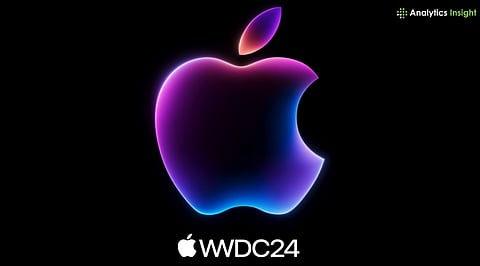

Apple revealed that its App Store blocked more than $2 billion in fraudulent transactions during 2024. The tech giant has also stated that it has blocked $9 billion overall during the last five years. The announcement was made a few days ahead of the company's Worldwide Developers Conference (WWDC) 2025, and it highlights Apple's focus on security and consumer protection.
In 2024, Apple at least turned down almost 2 million risky app submissions while terminating 146,000 developer accounts on the grounds of suspected fraud, marking about 139,000 developer enrollment requests as those from bad actors. There are similar figures on the consumer side, with the company trying to thwart the creation of more than 711 million fraudulent customer accounts. It is said that Apple has also gone the extra mile and disabled approximately 129 million accounts.
Apple also rejected over 10,000 fraudulent apps on pirate storefronts, which included malicious software, illegitimate gambling apps, and unauthorized copies of legitimate apps.
Those statistics have been released within the context of increased regulatory scrutiny and competition against Apple. Apple has also agreed to allow U.S. developers to link to alternative payment methods through their apps so they can stand outside of Apple's commission fee after a lawsuit with Epic Games.
While some of the major apps have made the change (for example, Fortnite and Spotify), smaller developers must consider both the advantages and disadvantages of being responsible for the management of payments without Apple in the middle, particularly the issues of fraud and chargebacks.
Apple emphasizes that its App Store provides more than merely payment processing; a secure environment, hosting and distribution of the apps, and discovery. The company's efforts in fraud prevention are part of a more comprehensive effort to ensure that a trusted platform is available for developers and users. Apple employs a team of 500 or more experts to review each submission to ensure that it meets the App Store requirements.
As the digital era keeps evolving, Apple continues to position the App Store as a safe and trusted venue for app distribution and monetization. The active approaches of the company to fighting fraud are made to save consumers and help developers, especially considering the growing popularity of alternative app stores and payment systems.
Apple's focus on security can become a decisive factor for developers in choosing whether to use the App Store infrastructure or go their own way.
